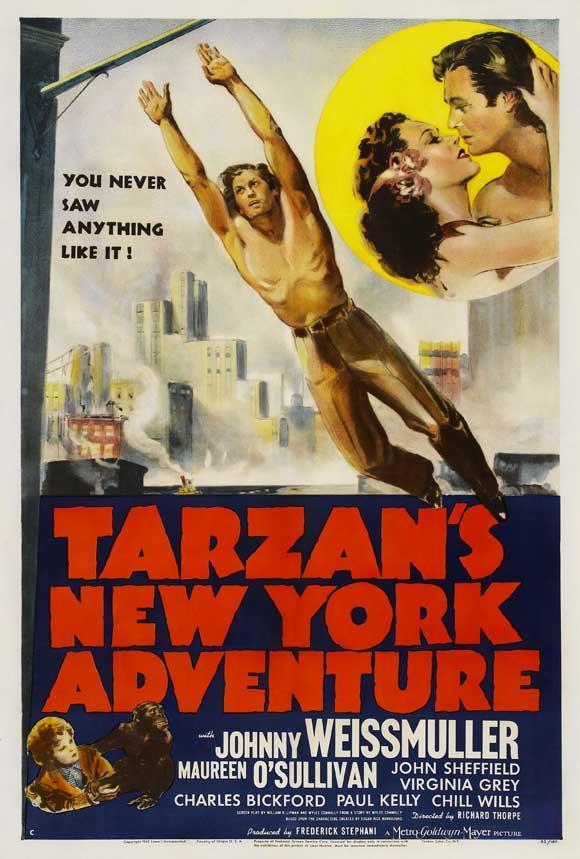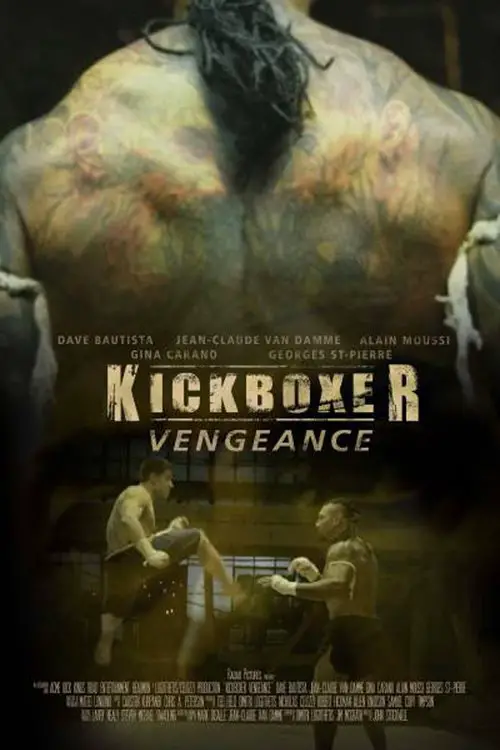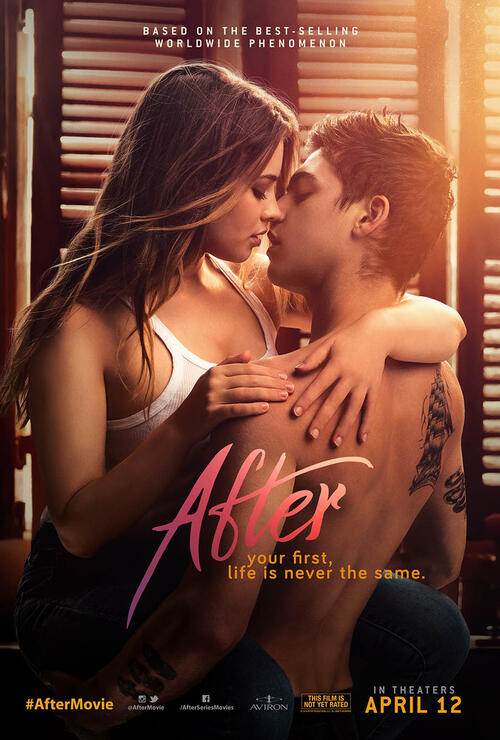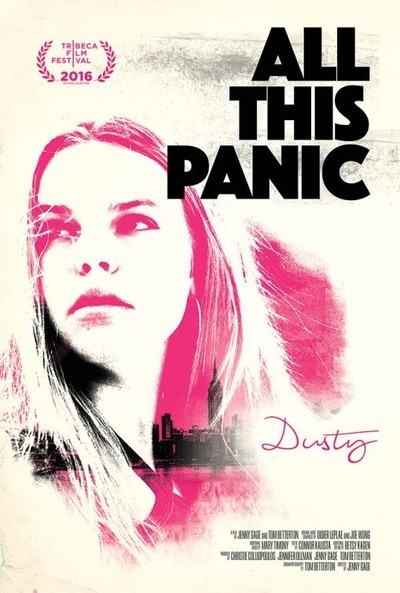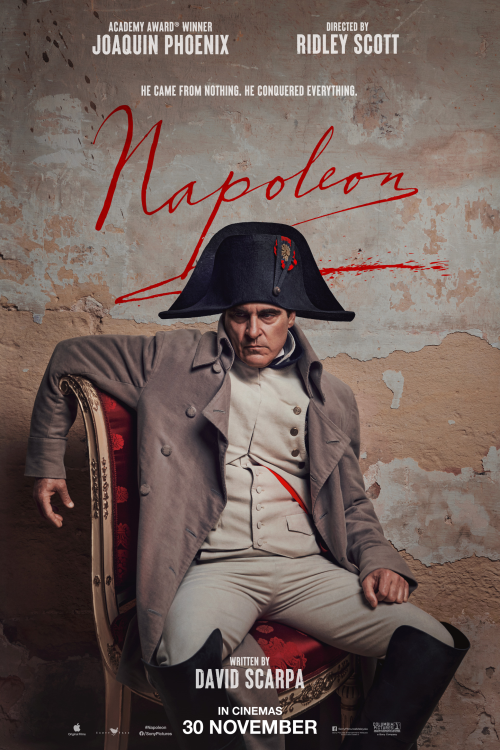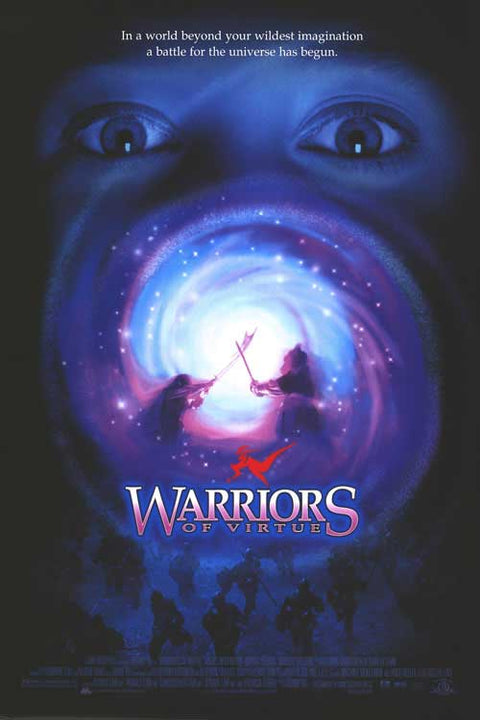Tarzan Finds a Son
(1939) - Directed by Richard Thorpe
--------------------------------------------
Jungle Adventure
-------------------------------------------------
(1939) - Directed by Richard Thorpe
--------------------------------------------
Jungle Adventure
-------------------------------------------------
"Tarzan father. Call 'Boy!'"


You know, when I saw the original Weissmuller Tarzan film, I was really hoping I would be into the series as a fan of the book. But I took the book's author, Edgar Rice Burroughs seriously when I read about his disdain for the MGM franchise. So every time I turn on one of these movies in the series, I hope the creators learn their lesson. But the fourth entry pretty much confirms to me that the writers didn't care about the legend of Tarzan and the elements that made up Tarzan's popularity and legendary status at all.
Tarzan Finds a Son sees Tarzan and Jane finding an infant in a plane crash, being the only one left alive. Together they raise "Boy" as one of their own. But when distant cousins of the boy come to find the family, Jane and Tarzan are torn when they realize that they must let Boy go. Tarzan won't allow it, but Jane goes behind his back. Unbeknownst to them, the family has ulterior motives for the kid.
Plot-wise, there's barely anything new here. Despite the kid subplot, it really just amounts to the same old stuff. People come to Africa to hunt, Tarzan and Jane meet them, Jane tries to relate to them, Jane gets in danger, Tarzan saves them, whichever villains are left alive are forced to go home. I really don't think I'm giving spoilers at this point. I mean, I really, really don't think these are spoilers at this point. Although, there are a couple things unique to this, namely the whole inheritance thing. But I think that would bore children, really. If people are worried that the business talk of the live-action Flintstones movie would bore children, I feel like this would, too.
But I really, really REALLY have to say this. It's been years since Jane and Tarzan began their relationship, and Tarzan still can't speak proper English. It's gone on for four movies, and this one establishes that he still can't do it by the time the kid's at least six. This is a blatant and disgusting insult to the intelligence Tarzan constantly displayed in the original novel. Even Burroughs himself hated the changes made to Tarzan in the first film. It was bad enough that they degraded him from an intelligent thinker to a dumb ape in the first film, but this cements that the writers sold out and couldn't give one single damn. In fact, there's no way Tarzan would be trapped in a canyon for so long. If I know Taran, I know he woulda climbed the **** out of that canyon like a boss. And I'm not being a fanboy. Read the books; he would've.
Now as for the good stuff, I'll admit that I admire the movie's attempts at tugging at the heartstrings, especially considering the intro's setup. And the scenes where Boy is playing with the kids are pretty cute in general. And I especially liked the scene in which the boy speaks the "native" animal language towards the animals to get them to do stuff. Another good aspect about this movie is the use of animals operating machinery like makeshift ceiling fans and elevators, a running gag which would be later replicated in the aforementioned Flintstones franchise.
Well, after the fourth outing in the MGM Tarzan series, I can guarantee that this fan of the novel is severely disappointed in this adaptation franchise. I know now that all the MGM Tarzan series will do for me is provide fodder for the lower half of my log of every film I've seen ranked from best to worst, helping to lower the percentage of supernatural horror movies that plague the bottom half. But if I had to be honest with myself, I'll continue holding onto the possibility that somebody changes something in the series later on, even if that hope ends up in sheer disappointment for later entries until I finish the all of the films of that accursed series. I'ma make my OWN Tarzan movie someday, and it'll be faithful to the books.
= 43
Richard Thorpe's Directorial Score (4 Good vs. 1 Bad)
Ivanhoe: 72
The Sun Comes Up: 63
Challenge to Lassie: 61
Tarzan Escapes: 50
Tarzan Finds a Son: 43
Score: 57.8 / 5
Richard Thorpe drops from #214 to #228 between Gene Fowler, Jr. and Dwight H. Little.
Tarzan Finds a Son sees Tarzan and Jane finding an infant in a plane crash, being the only one left alive. Together they raise "Boy" as one of their own. But when distant cousins of the boy come to find the family, Jane and Tarzan are torn when they realize that they must let Boy go. Tarzan won't allow it, but Jane goes behind his back. Unbeknownst to them, the family has ulterior motives for the kid.
Plot-wise, there's barely anything new here. Despite the kid subplot, it really just amounts to the same old stuff. People come to Africa to hunt, Tarzan and Jane meet them, Jane tries to relate to them, Jane gets in danger, Tarzan saves them, whichever villains are left alive are forced to go home. I really don't think I'm giving spoilers at this point. I mean, I really, really don't think these are spoilers at this point. Although, there are a couple things unique to this, namely the whole inheritance thing. But I think that would bore children, really. If people are worried that the business talk of the live-action Flintstones movie would bore children, I feel like this would, too.
But I really, really REALLY have to say this. It's been years since Jane and Tarzan began their relationship, and Tarzan still can't speak proper English. It's gone on for four movies, and this one establishes that he still can't do it by the time the kid's at least six. This is a blatant and disgusting insult to the intelligence Tarzan constantly displayed in the original novel. Even Burroughs himself hated the changes made to Tarzan in the first film. It was bad enough that they degraded him from an intelligent thinker to a dumb ape in the first film, but this cements that the writers sold out and couldn't give one single damn. In fact, there's no way Tarzan would be trapped in a canyon for so long. If I know Taran, I know he woulda climbed the **** out of that canyon like a boss. And I'm not being a fanboy. Read the books; he would've.
Now as for the good stuff, I'll admit that I admire the movie's attempts at tugging at the heartstrings, especially considering the intro's setup. And the scenes where Boy is playing with the kids are pretty cute in general. And I especially liked the scene in which the boy speaks the "native" animal language towards the animals to get them to do stuff. Another good aspect about this movie is the use of animals operating machinery like makeshift ceiling fans and elevators, a running gag which would be later replicated in the aforementioned Flintstones franchise.
Well, after the fourth outing in the MGM Tarzan series, I can guarantee that this fan of the novel is severely disappointed in this adaptation franchise. I know now that all the MGM Tarzan series will do for me is provide fodder for the lower half of my log of every film I've seen ranked from best to worst, helping to lower the percentage of supernatural horror movies that plague the bottom half. But if I had to be honest with myself, I'll continue holding onto the possibility that somebody changes something in the series later on, even if that hope ends up in sheer disappointment for later entries until I finish the all of the films of that accursed series. I'ma make my OWN Tarzan movie someday, and it'll be faithful to the books.
= 43
Richard Thorpe's Directorial Score (4 Good vs. 1 Bad)
Ivanhoe: 72
The Sun Comes Up: 63
Challenge to Lassie: 61
Tarzan Escapes: 50
Tarzan Finds a Son: 43
Score: 57.8 / 5
Richard Thorpe drops from #214 to #228 between Gene Fowler, Jr. and Dwight H. Little.


